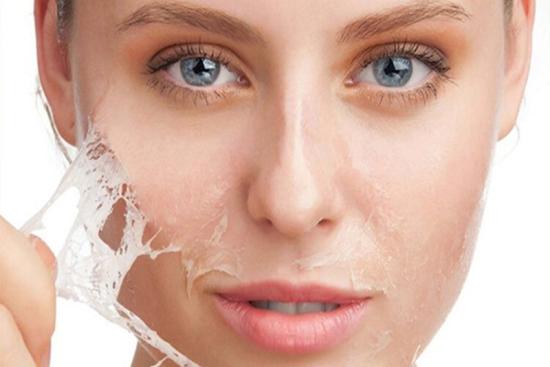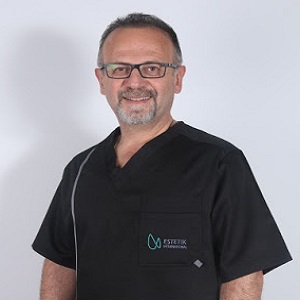If your skincare routine isn't giving you the glow you want, it might be time to look beyond surface-level care.
This is where a chemical peel comes in. It's a controlled, medical-grade procedure where a solution is applied to gently remove the top layers of skin. This reveals smoother, brighter skin and, more importantly, stimulates your skin's natural renewal process from within.
In Turkey, dermatologists perform this procedure with precision, targeting concerns like sun spots, acne scars, and uneven texture, while ensuring safety and optimal results.
Curious if a chemical peel could be right for your skin? Let our partner dermatologists guide you through the options and what to expect.
Price of Chemical Peel in Turkey
Chemical Peel is a safe and effective procedure in Turkey. By choosing a reputable clinic and a qualified doctor, you can ensure the best possible results.
The price of a chemical peel in Turkey depends on several factors:
- The type of peel.
- The area being treated.
- The expertise of the dermatologist.
Typical price range in Turkey:
- Superficial peel: From 200$
- Medium peel: From 400$
- Deep peel: From 800$
With Turquie Santé, you can request a free personalized quote and benefit from tailored packages that combine safety, quality, and affordability.
Contact our partner dermatologists in Turkey to find the ideal peel for your skin type and goals.













